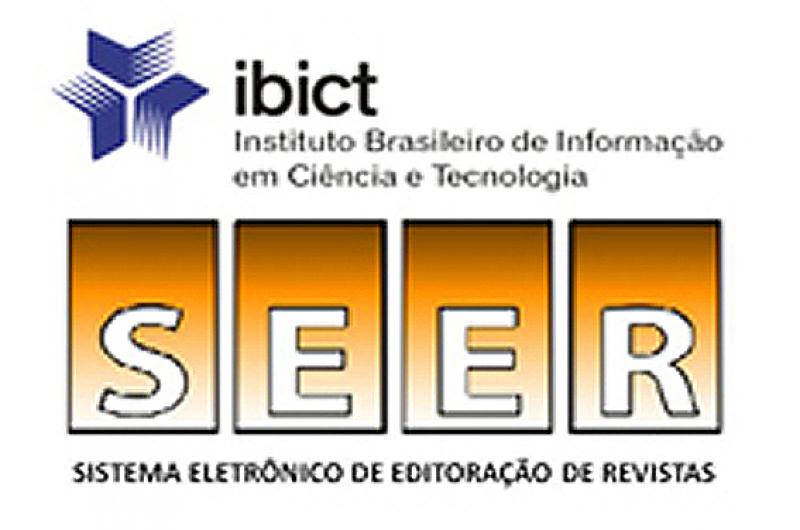O Fenômeno Religioso na Pós-modernidade
DOI:
https://doi.org/10.31416/rsdv.v8i2.58Palavras-chave:
pós-modernidade, fenômeno religioso, secularismo, individualismo, irracionalismoResumo
Este artigo analisa como na pós-modernidade a religião possui características muito particulares. Na Modernidade muitos filósofos chegaram a profetizar o fim da religião, se partia do pressuposto de que com o advento da ciência e da técnica o homem seria capaz de responder e solucionar os grandes problemas econômicos, sociais e existenciais. A vivencia religiosa seria descartável por agora o ser humano seria capaz de por ele mesmo encontrar a justificação da sua existência e sobretudo, a felicidade. Esta profecia não se realizou justamente porque a pós modernidade é marcada fortemente por uma forte efervescência religiosa. Este retorno a religião se caracteriza dentre outras coisas por um acentuado pluralismo de concepções religiosas e sobretudo por uma vivencia individualista da religião. Estamos, pois, diante de algo tremendamente novo.
Referências
AZEVEDO, N.S. O fenomeno religioso na pós-modernidade. Disponível em: <http://cienciadasreligioes.ulusofona.pt>. Acesso: 22 jun.2020.
BINGEMER; CLARA, M. El misterio y el mundo. Madrid: San Pablo, 2017.
BAUMAN; BORDONI, C. Estado de Crisis. Titivillus, 2014.
BAUMAN. Modernidad Liquída. Diegoan, 2000.
BINGEMER; MARIA, C. El misterio y el mundo. Madrid: San Pablo, 2017.
CAVALCANTE, B; MÁRCIO. O conceito de pósmodernidad na sociedad atual. Disponível em: <http://www.brasilescola.com>. Acesso: 22 jun.2020.
CORDERO, D. Posmodernidad y nuevas formas de religión. Revista de ciencias sociales. V. 5 (2), p. 333, 2017. Disponível em:<http://dx.doi.org/10.17502/m.rcs.v5i2.137>. Acesso: 22 jun.2020.
DEBORD, G. La sociedad del espectáculo. Traducción de Maldeojo. Archivo Situacionista Hispano. 1998.
DAROS, W,R. El consumismo en la posmodernidad según Zygmunt Bauman./UAP / Argentina Vol. III Edición Nº 12, 10 Abril 2014. California – U.S.A. Bs. As. - Argentina. Disponível em: <http://www.argus-a.com.ar/publicacion/544-el-consumismo-en-la-posmodernidad-segun-zygmunt-bauman.html>. Acesso: 22 jun.2020.
DOCUMENTO DE APARECIDA. São Paulo: Paulus, 2007.
DÍAZ,A,D. Postmodernidad: El retorno de Dios.Disponívelem:<https://www.monografias.com/trabajos17/retorno-dios/retorno-dios.shtml>. Acesso: 22 jun.2020.
EVANGELII GAUDIUM,67.
GUERRERO,E. Secularismo, secularidad y secularización, p.131. Disponível em: . Acesso: 22 jun.2020.
GAUDIUM ET SPES, 1965.
JUAN PABLO II. FIDES ET RATIO. 1998.
LYOTARD, F.J. La condición pós-moderna. Madrid: Cátedra, 1987.
LACOSTE; YVES,J. Diccionario critico de teologia. Madrid: Akal, 2007.
MÜLLER; GERHARD LUDWIG.G Iglesia pobre y para los pobres. Madrid: San Pablo, 2014.
MORA,A; CARLOS. Los alcances de la fe en la posmodernidad. Revista Lasallista de Investigación. V.5(2), p.131-145, 2008.Disponívelem:<https://www.redalyc.org/articulo.oa?id=69550216>. Acesso: 22 jun.2020.
ORTIZ; JIMÉNES, A. La fe en tiempos de incertidumbre. Madrid: San Pablo, 2018.
SUNG,J. Mercado religioso e mercado como religião. Dossiê: Religião, Mercado e Mídia. v. 12, n. 34, abr./jun. 2014.















